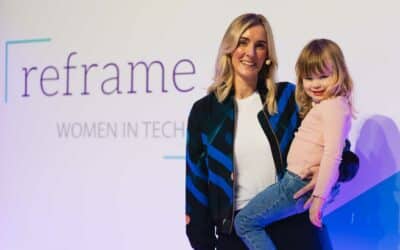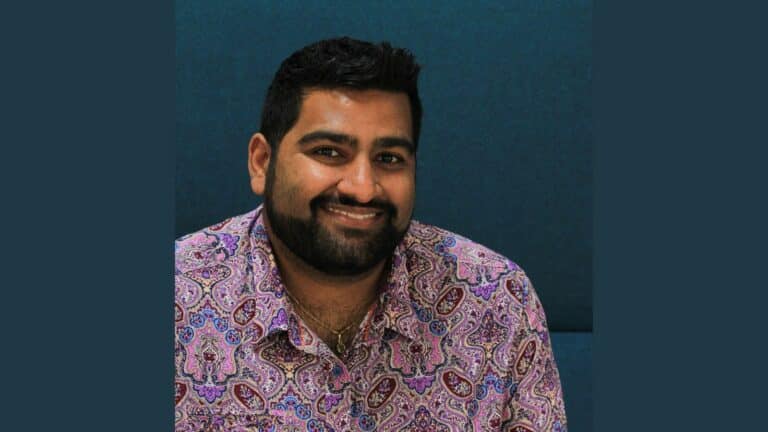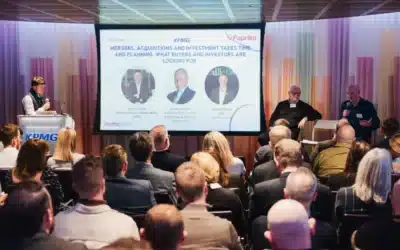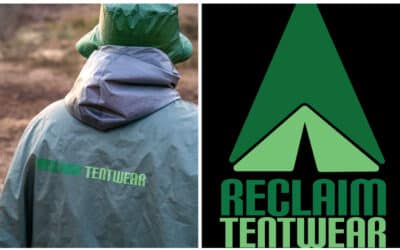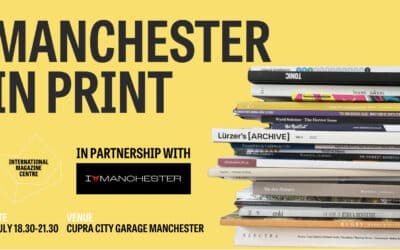Dr Phininder Balaghan has two roles. At Manchester data intelligence company Naimuri, he’s the head of partnerships for the Data Intelligence Centre of Excellence (DICE).
The other 50% of his time is spent as global AI capability lead for QinetiQ, where he’s in charge of the AI strategy on a global scale across the UK, US and Australia. QinetiQ is Naimuri’s parent company.
Over the years he has held a number of different roles working in solution architecting to senior data sciences.
Here, he shares all the lessons he’s learnt across his personal life and career.
Which single daily habit or practice could you not do without?
I don’t really have a set routine – everyday is different and it’s more about prioritisation for that day. Assessing what needs bring forward or what can push. Blocking time in the morning for focus and preparing for the day ahead can be helpful, but often this needs to be responsive.
What’s been your luckiest break?
In 2016 I had applied to a summer university internship, and they needed to schedule an interview. The only available slot was the day I was flying back from a friend’s stag do in Budapest. I landed in London around 3am and had to get back to Hull. I did the interview and got the job – this internship went on to me going straight into my PhD without doing a masters. This in turn led to me doing all the other work I have done since.
What’s your best failure?
Bearing in mind my PhD is in Graph Theory, I had a job interview for a firm who sent me a Graph Theory test, and I scored zero. Unfortunately I had experienced a personal loss about a week before, and the company gave me half an hour to do some algorithms. My mind wasn’t there, and the task wasn’t particularly relevant to the job I was applying to. It gave me a massive knock in confidence in so many ways, but out of that I gained a better understanding of what I wanted to do and I learnt where I wanted to go, where I wanted to apply next, and what direction I wanted to take my career. At the time this was probably the worst I’ve ever felt in terms of intellect, in hindsight it was probably the most important personal boost.
What is the best investment you’ve ever made, either financial or time?
My best investment is time put into people I work with. Time taken to get to know them as individuals, understand how they work and allow them to understand you. I love that, and find it more rewarding than some of the actual work I do.
Which podcast or book would you recommend others to read and why?
Tuesdays with Morrie by Mitch Albom. One of my favourite books of all time – about a person who has a relationship with their dying professor. There are some really powerful statements in the book; about life, death, and many things that have powered where I am today.
What one piece of advice would you give your 21-year-old self?
Enjoy life more. You can get so lost in the race of life, I wish I had slowed down and relaxed. All of the time that I was stressing over things – it all works out! Be more present and spontaneous and take opportunities as they come, don’t get weighed down in the big pressures.
Who or what has had the single biggest influence on your working life?
It is really hard to name one person, as I continually come across and work with so many amazing people, who influence me on a day-to-day basis. I studied my PhD and post doc for over nine years at Hull University and during that time the people on that campus had a huge influence upon my life and what I do today.
Tell us something about you that would surprise people.
I am an avid Pokemon go player. If you see any Pokemon Go events – I’m there.
What is the most important breakthrough or topic in your area?
The easy answer is large language models, because that has brought AI to the forefront, allowing people to see and feel what they want to do with AI. This could be one of the biggest breakthroughs we will ever get in this field because now people are taking it seriously. There are also big breakthroughs that predate AI – when computing really took off in the 1990s, as the predecessor to AI. If we hadn’t embraced that, we would have never been able to reach the stage we are at now. Those are two big milestones, with plenty of others in between. AI has actually been around for decades, it is only really predominant in the media now because of many many years of work in this space.
What does success look like to you?
To me, success is where you have achieved a goal without any negative impact on the world around you. You are completing something where everyone involved has won, and the world is moving towards a greater place. It may sound like a convoluted answer, but I genuinely try to achieve this in all of the work I do. It’s also a big part of why I joined Naimuri, as this is at the heart of the company’s mission – making the world a better and safer place to live.

